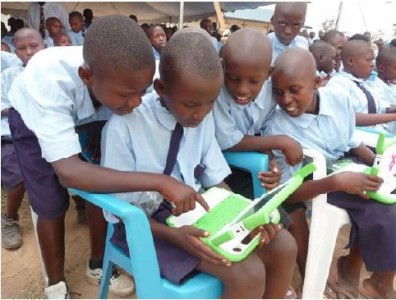In October 2011, Sonora State added the “right to connectivity” to the first article of the state Constitution, along with the right to liberty, education, and housing. They were the first Mexican state to adopt such a right, and one of only three states in the world. Â People are still writing about it today as an example of how to provide effective access to knowledge – as debates unfold over how to keep the Internet open.
From the announcement last year:
La iniciativa que adiciona un párrafo segundo al ArtÃculo 1° de la Constitución PolÃtica del Estado de Sonora fue promovida por los diputados Enrique Reina Lizárraga y Gorgonia Rosas López, a fin de transformar el acceso a Internet en un derecho o garantÃa de la ley fundamental local.
“Es decir, que el Estado deberá garantizar el acceso a la conectividad de redes digitales de información y de comunicación dentro del territorio sonorense a todos sus ciudadanos, pues este tipo de servicios cada dÃa han logrado convertirse en un factor indispensable de cualquier ciudadano.â€
In English:
The initiative, which adds a second paragraph to Article 1 of the Constitution of the State of Sonora, was promoted by representatives Enrique Reina Lizarraga and Gorgonia Rosas López, to transform Internet access into a fundamental right or guarantee of the local law.
“This means that the State must guarantee access to digital information and communication networks within the Sonoran territory, to all its citizens, because daily access to such a service has become indispensable for any citizen.“
Kudos again to Sonora for their farsighted planning.  They not only support free software as a foundation for learning, but  have recognized connectivity as infrastructure for modern life, and not a luxury.



